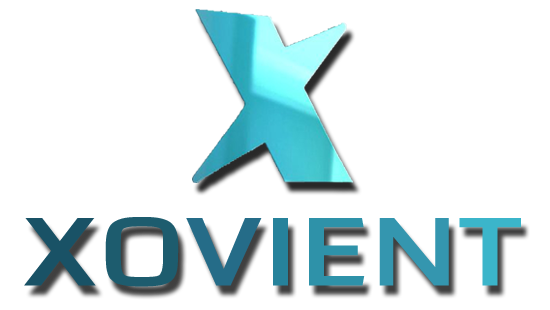In the dynamic landscape of web development, businesses face a critical decision when it comes to building their web portals: whether to opt for a Content Management System (CMS) or invest in custom development. Each approach has its merits and demerits, and the choice largely depends on the specific needs and goals of the business.
Content Management Systems (CMS): The User-Friendly Option
Content Management Systems have gained immense popularity due to their user-friendly interfaces and ease of use. CMS platforms like WordPress, Joomla, and Drupal provide pre-built templates and a range of plugins that simplify website management, even for those without extensive technical knowledge. This is a significant advantage for businesses looking to establish an online presence quickly and efficiently.
One of the primary benefits of CMS is the speed of development. With a plethora of themes and plugins available, businesses can choose a design and functionality that aligns with their requirements. Additionally, CMS platforms often have strong communities that offer support, updates, and a wealth of resources, reducing the burden on in-house development teams.
However, CMS platforms also come with limitations. Customization can be restricted, and businesses may find it challenging to implement unique features that set them apart from competitors. As websites grow in complexity, scalability issues may arise, potentially hindering performance.
Custom Development: Tailoring Solutions to Unique Needs
Custom development offers unparalleled flexibility and control over every aspect of a web portal. Businesses opting for custom solutions can define features, functionality, and design based on their specific requirements. This approach is particularly beneficial for enterprises with complex processes, unique business models, or a need for high scalability.
With custom development, there are no constraints imposed by pre-built templates or third-party plugins. This allows businesses to create a web portal that is truly unique, providing a competitive edge in the market. Furthermore, the ability to optimize for performance and security according to specific business needs is a critical advantage.
However, custom development comes with its own set of challenges. It typically requires a larger investment of time and resources compared to setting up a CMS-based website. Maintenance and updates may also be more demanding, as the responsibility falls entirely on the development team.
The CMS vs. custom development debate is not one-size-fits-all. Businesses must carefully evaluate their priorities and resources to make an informed decision that aligns with their vision for a successful web portal. Whether opting for the convenience of a CMS or the tailored solutions of custom development, the key is to choose a path that best serves the unique needs and aspirations of the business.
Wraping up: Xovient offers in-depth consultations to understand your business needs and guide you in choosing the most suitable development approach. Leveraging their technical prowess, we specializes in crafting custom web portals that align with your unique vision and requirements.you opt for a CMS, Xovient can seamlessly integrate and customize these platforms to ensure they meet your business’s specific needs. Xovient employs robust security measures to safeguard your web portal, addressing concerns associated with both CMS and custom development. The choice between CMS and Custom Development depends on various factors, including the business’s goals, budget, and scalability requirements. Xovient stands as a reliable partner, providing tailored solutions to empower businesses in making informed decisions and achieving their digital objectives.

